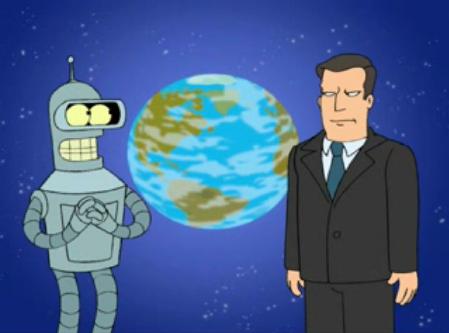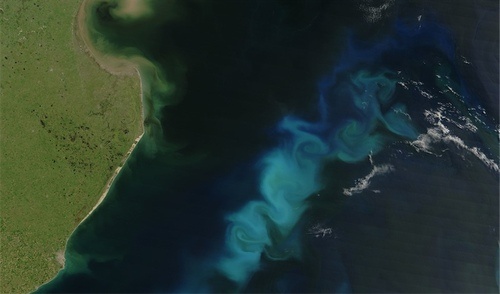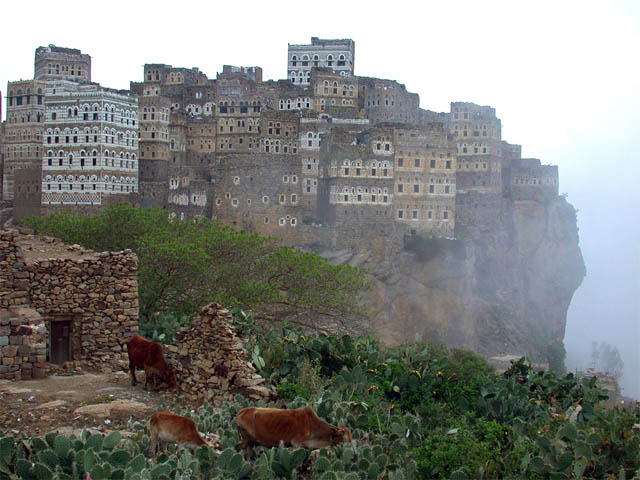Anthology of Interest
Submitted by Kimon
The MangalaWiki, the Kim Stanley Robinson encyclopedia, has safely reached 120 articles and growing! You can drop by and browse around and contribute anytime.
News from what's happening in the world, touching upon themes that might be of interest to Stan Robinson readers. On the menu this week: some geoengineering, the economy crisis, prehistorical climate change, renewables investment and alien-like photos on Earth!
More after the jump.
Following the recent dust storm in Australia that made it look like Mars (we linked to pictures here), the dust had some interesting effects on the marine biota that could very well serve as proof-of-concept for geoengineering efforts. The dust that settled in the ocean provided nitrogen and phosphate to the plankton, whose population exploded and in turn expanded the population of local fish. At the same time, this ocean fertilization caused the algae to absorb carbon dioxide from the atmosphere and store it in their organisms and -- arguably -- store it in ocean depths for the long term.

Ocean fertilization using iron dumping has been proposed before but as with any large geoengineering project its wider effects are a matter of debate. This is very akin to the salt dispersion effort championed by Frank Vanderwal and NSF in the Science In The Capital books to restart the thermohaline circulation of the oceans. (via io9)
"Crisis management specialist and personal advisor" John Berling Hardy uses a Robinson quote from Green Mars ("That’s libertarians for you – anarchists who want police protection from their slaves", from the anarchist character The Coyote) to argue for a more balanced regulation of the market in this article.
William Ruddiman, professor at the University of Virginia, published a paper supporting the idea that humans first started altering the Earth's climate when they first started farming some 5000-8000 years ago, burning forests to clear land and building rice paddies that release methane, an idea he has been supporting since 2003. The idea has met with criticism, for example that people were too few back then to have an effect, that they had no modern fertilizers or tools, to which Ruddiman replied that these early farmers had a lot of land and no means to control the fires they started, meaning they could farm the ground to a barren state and move on -- effectively "those tens of millions (of people) had the impact of hundreds of millions, because per person, they had 10 times the impact". Coincidentally, I got a similar feeling when I read Stephen Baxter's Evolution: humans have been altering the environment extensively be it through bush fires, farming or wood and coal burning for thousands of years. A dangerous assertion from this would be to think that today's climate change is not caused by fossil fuel combustion and that there is no need to move away from that: a point on which both Ruddiman and his critics agree needs to be acted upon.
Speaking of which, the world is gearing up for the United Nations' meeting in Copenhagen in December, where a follow-up on 1997's Kyoto Protocol will be debated, with talks this week in Bangkok. This week also, the European Commission announced it would triple its research budget on clean technologies from €3bn to €8bn yearly following its 2007 Strategic Energy Technology (SET) Plan that would put it in a pathway to reduce its emissions by 80% by 2050 compared to 1990 emissions levels.
And on a final note, here are some beautiful photos from alien-looking landscapes that are however very much Earth-based. This city in Yemen looks straight out of a fantasy novel!

(photo by Jan Vandorpe)
